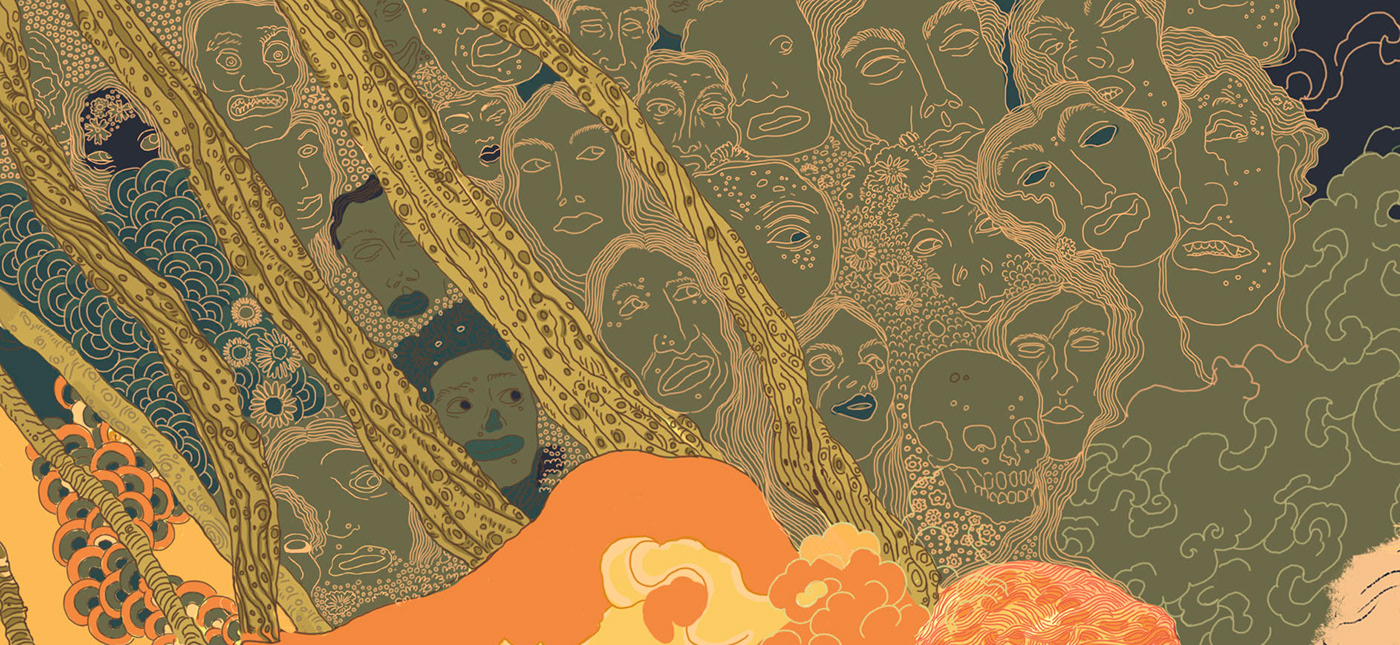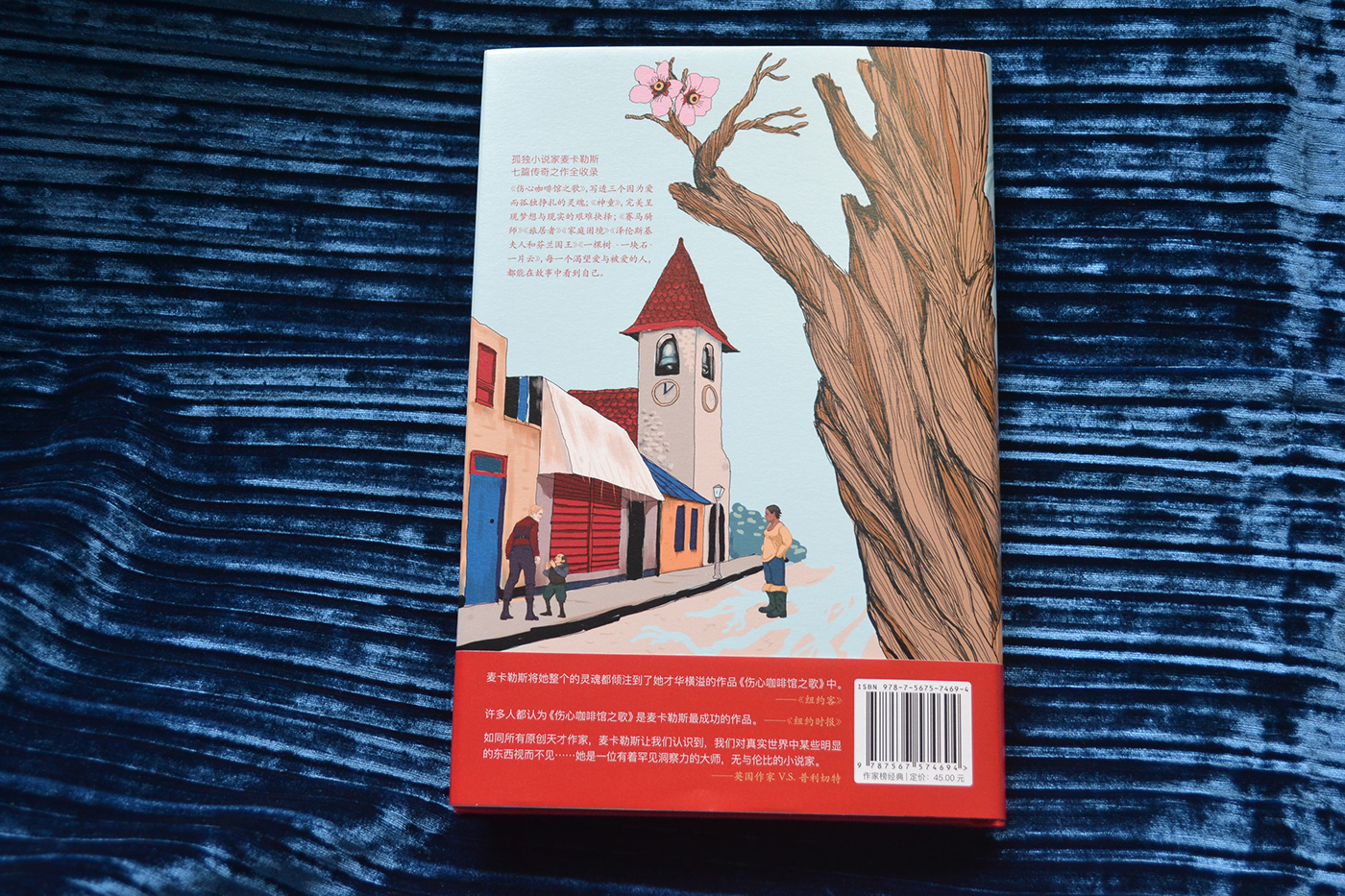
The Ballad of the Sad Café
THE town itself is dreary; not much is there except the cotton mill, the two-room houses where the workers live, a few peach trees, a church with two colored windows, and a miserable main street only a hundred yards long. On Saturdays the tenants from the near-by farms come in for a day of talk and trade. Otherwise the town is lonesome, sad, and like a place that is far off and estranged from all other places in the world.
The largest building, in the very center of the town, is boarded up completely and leans so far to the right that it seems bound to collapse at any minute. The house is very old. There is about it a curious, cracked look that is very puzzling until you suddenly realize that at one time, and long ago, the right side of the front porch had been painted, and part of the wall — but the painting was left unfinished and one portion of the house is darker and dingier than the other. The building looks completely deserted. Nevertheless, on the second floor there is one window which is not boarded; sometimes in the late afternoon when the heat is at its worst a hand will slowly open the shutter and a face will look down on the town. It is a face like the terrible dim faces known in dreams — sexless and white, with two gray crossed eyes which are turned inward so sharply that they seem to be exchanging with each other one long and secret gaze of grief. The face lingers at the window for an hour or so, then the shutters are dosed once more, and as likely as not there will not be another soul to be seen along the main street.

Carson McCullers (February 19, 1917 – September 29, 1967) was an American novelist, short story writer, playwright, essayist, and poet. Her first novel, The Heart Is a Lonely Hunter, explores the spiritual isolation of misfits and outcasts in a small town of the U.S. South. Her other novels have similar themes and most are set in the deep South.
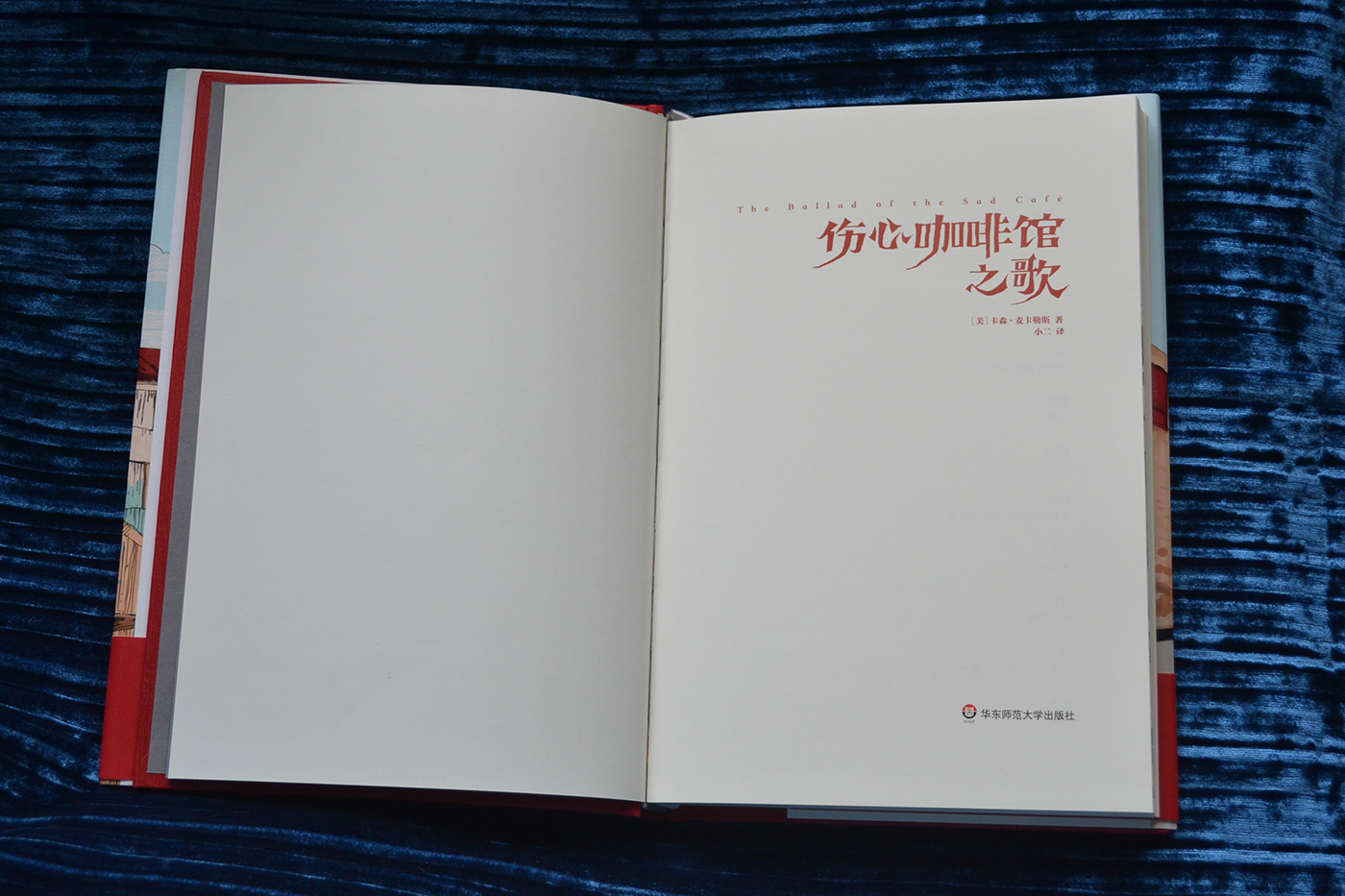

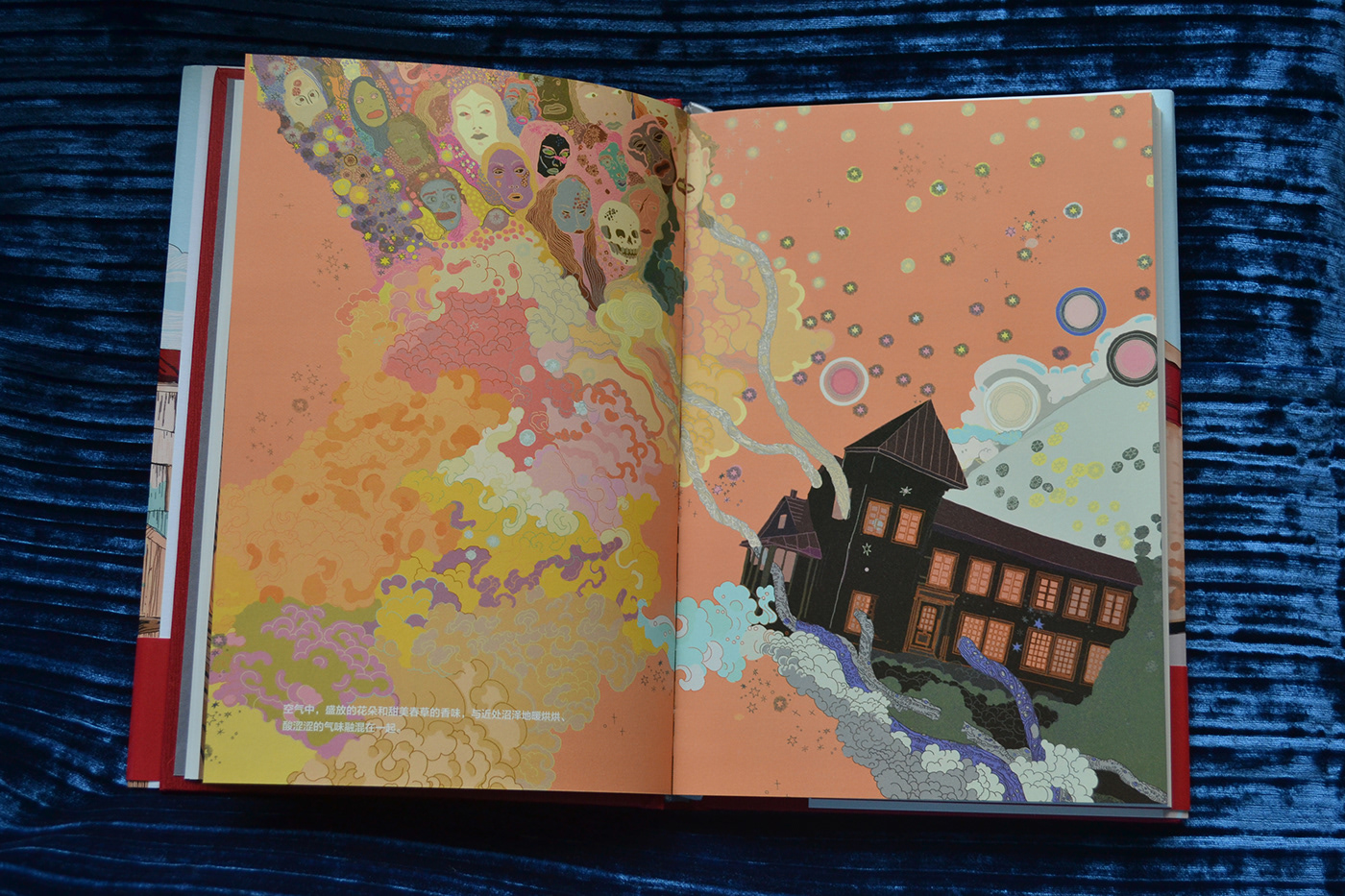


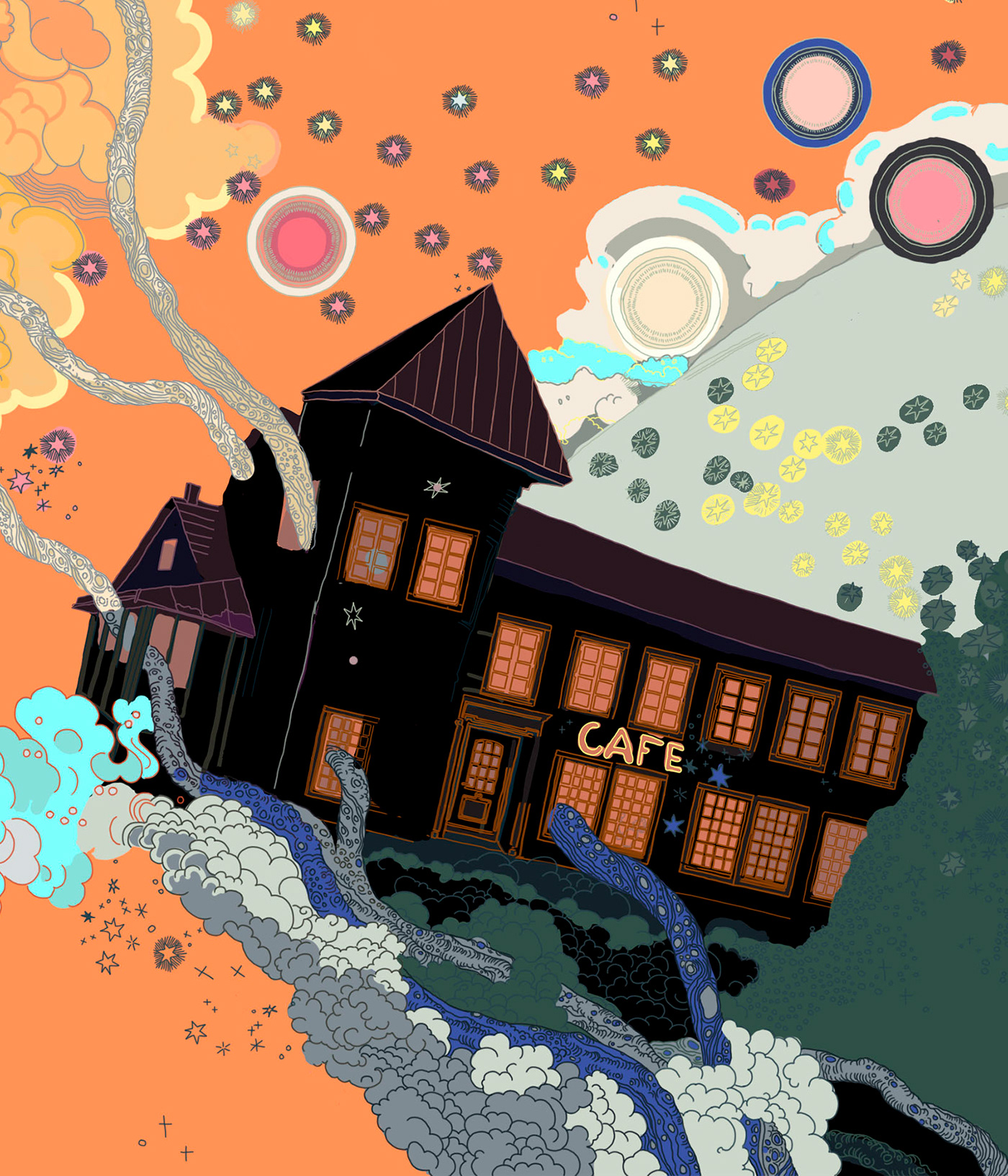
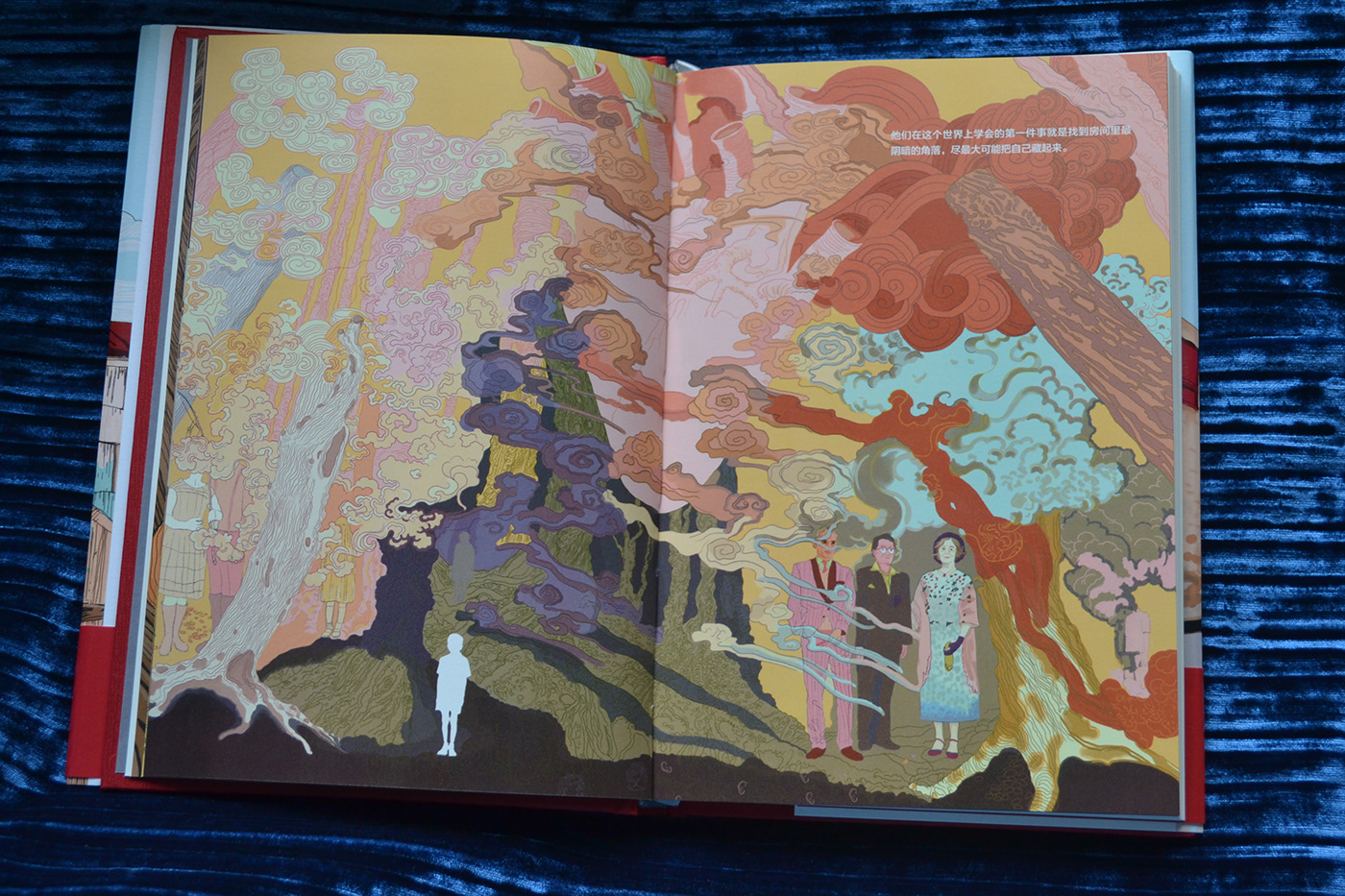
For Marvin Macy was the handsomest man in this region — being six feet one inch tall, hard-muscled, and with slow gray eyes and curly hair. He was well off, made good wages, and had a gold watch which opened in the back to a picture of a waterfall. From the outward and worldly point of view Marvin Macy was a fortunate fellow; he needed to bow and scrape to no one and always got just what he wanted. But from a more serious and thoughtful viewpoint Marvin Macy was not a person to be envied, for he was an evil character. His reputation was as bad, if not worse, than that of any young man in the county. For years, when he was a boy, he had carried about with him the dried and salted ear of a man he had killed in a razor fight. He had chopped off the tails of squirrels in the pinewoods just to please his fancy, and in his left hip picket he carried forbidden marijuana weed to tempt those who were discouraged and drawn toward death.
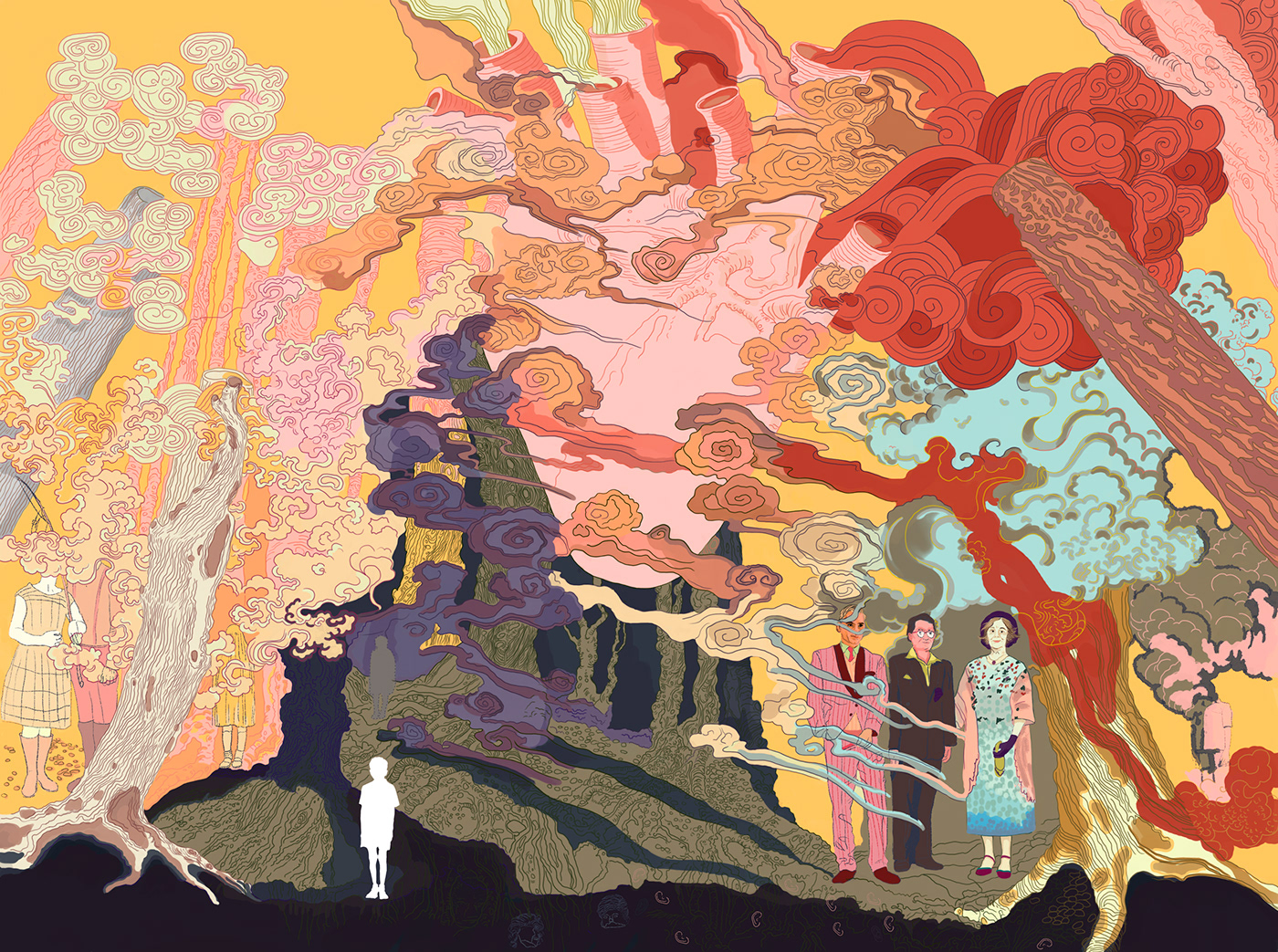
Yet there is some explanation for the ugliness of his character, for Marvin Macy had had a hard beginning in this world. He was one of seven unwanted children whose parents could hardly be called parents at all; these parents were wild younguns who liked to fish and roam around the swamp. Their own children, and there was a new one almost every year, were only a nuisance to them. At night when they came home from the mill they would look at the children as though they did not know wherever they had come from. If the children cried they were beaten, and the first thing they learned in this world was to seek the darkest corner of the room and try to hide themselves as best they could. They were as thin as little whitehaired ghosts, and they did not speak, not even to each other. Finally, they were abandoned by their parents altogether and left to the mercies of the town. It was a hard winter, with the mill closed down almost three months, and much misery everywhere. But this is not a town to let white orphans perish in the road before your eyes. So here is what came about: the eldest child, who was eight years old, walked into Cheehaw and disappeared — perhaps he took a freight train somewhere and went out into the world, nobody knows. Three other children were boarded out amongst the town, being sent around from one kitchen to another, and as they were delicate they died before Easter time. The last two children were Marvin Macy and Henry Macy, and they were taken into a home. There was a good woman in the town named Mrs. Mary Hale, and she took Marvin Macy and Henry Macy and loved them as her own. They were raised in her household and treated well.

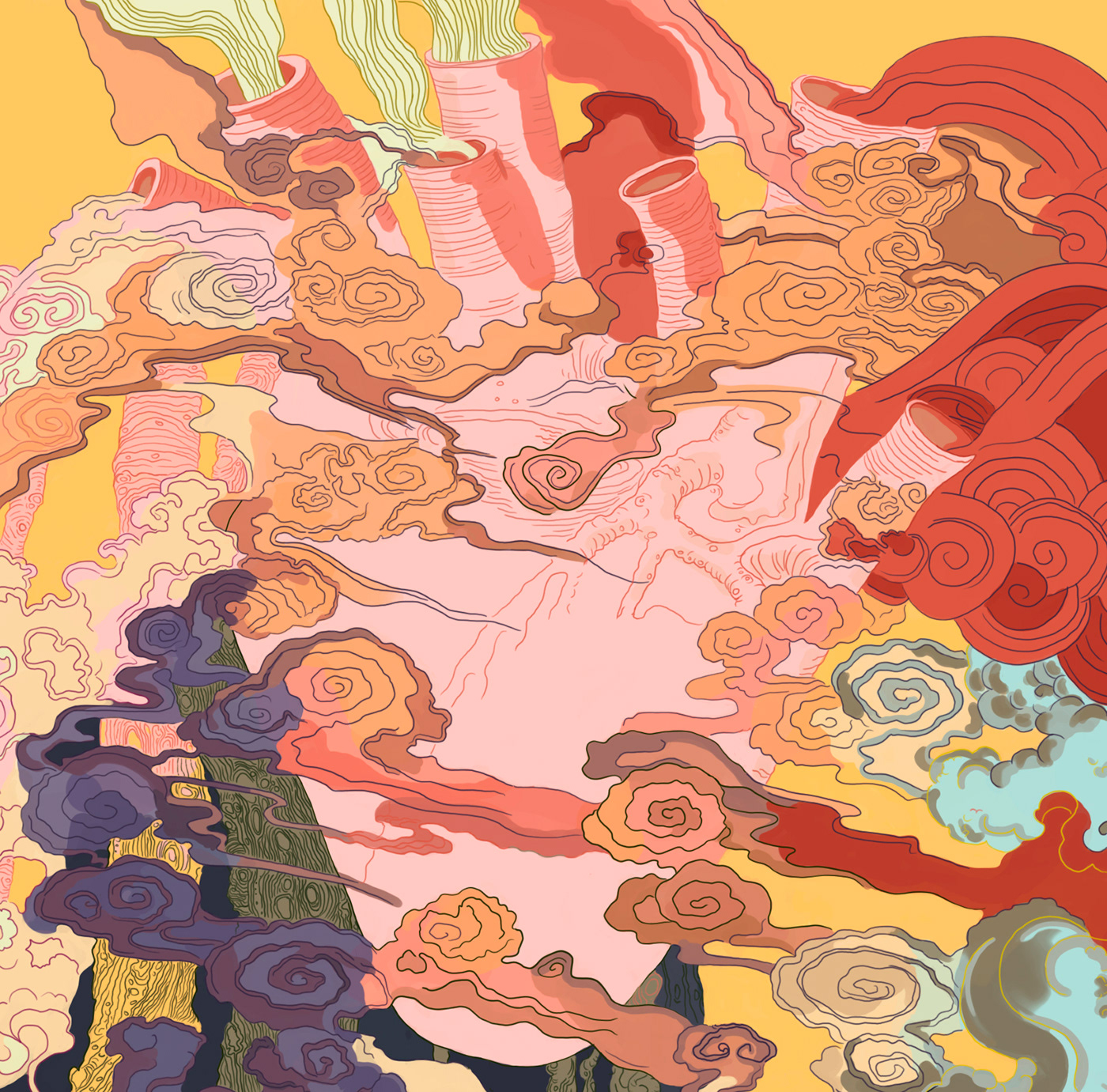



Miss Amelia was rich. In addition to the store she operated a still three miles back in the swamp, and ran out the best liquor in the county. She was a dark, tall woman with bones and muscles like a man. Her hair was cut short and brushed back from the forehead, and there was about her sunburned face a tense, haggard quality. She might have been a handsome woman if, even then, she was not slightly cross-eyed. There were those who would have courted her, but Miss Amelia cared nothing for the love of men and was a solitary person. Her marriage had been unlike any other marriage ever contracted in this county — it was a strange and dangerous marriage, lasting only for ten days, that left the whole town wondering and shocked. Except for this queer marriage, Miss Amelia had lived her life alone. Often she spent whole nights back in her shed in the swamp, dressed in overalls and gum boots, silently guarding the low fire of the still. With all things which could be made by the hands Miss Amelia prospered.

She sold chitterlins and sausage in the town near-by. On fine autumn days, she ground sorghum, and the syrup from her vats was dark golden and delicately flavored. She built the brick privy behind her store in only two weeks and was skilled in carpentering. It was only with people that Miss Amelia was not at ease. People, unless they are nilly-willy or very sick, cannot be taken into the hands and changed overnight to something more worthwhile and profitable. So that the only use that Miss Amelia had for other people was to make money out of them. And in this she succeeded. Mortgages on crops and property, a sawmill, money in the bank — she was the richest woman for miles around. She would have been rich as a congressman if it were not for her one great failing, and that was her passion for lawsuits and the courts. She would involve herself in long and bitter litigation over just a trifle. It was said that if Miss Amelia so much as stumbled over a rock in the road she would glance around instinctively as though looking for something to sue about it. Aside from these lawsuits she lived a steady life and every day was very much like the day that had gone before. With the exception of her ten-day marriage, nothing happened to change this until the spring of the year that Miss Amelia was thirty years old.






